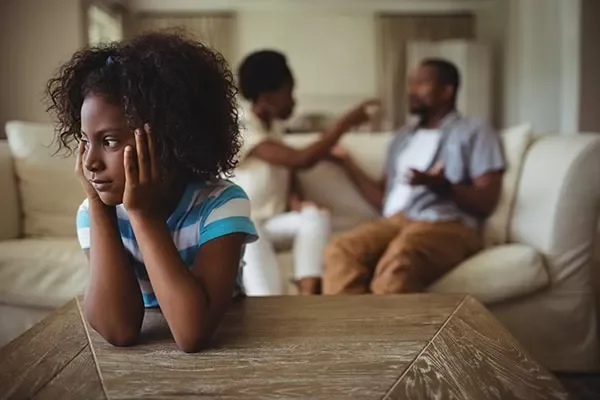Why So Many of Us Would Choose the Bear
October is Domestic Violence Awareness Month, and many of you may remember this online viral question last year: “Would you rather be alone in the woods with a bear, or a man?” For many women and gender-diverse people, the answer is instant: the bear. That’s not a joke; it’s a reflection of survival instincts sharpened by a culture that too often excuses male violence, protects predators, and blames victims.
Women are not always the victim; there are more and more men that are victims of domestic violence and it is not always physical. When it comes to men being abused, their abusers are mostly verbally abusive which heavily weighs on the man’s mental and emotional state.
The truth is the bear will follow its nature. It’s not trying to humiliate you, control you, or convince you it loves you before hurting you. It won’t gaslight you into silence or tell the world you “wanted it.” But a man, especially in a society steeped in rape culture might.
Every day, survivors of sexual assault, domestic violence, and coercive control navigate the fallout of trauma, stigma, and disbelief. They’re told to stay quiet, to protect reputations, to move on. Yet our headlines keep reminding us what survivors have always known: power protects power. The Epstein case revealed an entire network of wealthy, connected men exploiting young girls with institutions turning a blind eye. Even with the Sean “Diddy” Combs case, we see again how fame, money, and male entitlement form an impenetrable shield.
This isn’t just about celebrities. It’s about the systems that allow this violence to persist from courtrooms to workplaces to homes. Rape culture is not just in the act itself; it’s in the jokes made at the office, the locker-room talk brushed off as “boys being boys,” the way a survivor’s clothing. looks or drinking habits become part of the defense strategy. It’s the subtle ways men learn to objectify and dominate, and women learn to shrink and survive.
And for many survivors, the trauma extends to their reproductive autonomy. After an assault, survivors may face the agonizing decision of whether to take emergency contraception (EC) or continue a pregnancy resulting from rape. Access to EC is safe, effective, and time-sensitive and is a lifeline. This is where the Women’s Reproductive Rights Assistance Project (WRRAP) works to help fund survivors for abortion care or EC. But in some states, barriers, stigma, and misinformation make it harder for survivors to get it when they need it most. No one should have to face violence and have their choices stripped away afterward.
We cannot talk about intimate partner violence without talking about control over bodies, choices, and futures. Abortion bans, restrictions on EC, and attacks on reproductive health care are extensions of that same violence. They reinforce the message that pregnant people are not trusted to make their own decisions.
When survivors say they’d rather face a bear, they’re not exaggerating. They’re saying: I am more afraid of what men and the systems protecting them can do to me. That should terrify all of us.
We need to shift the conversation from asking why women are afraid of men to asking why men aren’t afraid of the harm they cause. We need to teach empathy over dominance, accountability over silence, and consent as the baseline, not an exception.
For survivors, October isn’t just a month of awareness, it’s a reminder that they are not alone, that their fear is valid, and that healing begins when we stop asking them to carry shame for what was done to them.
Until that day comes, too many of us will still choose the bear.
Editorial Note:
While society often highlights women as the primary victims of domestic violence, it’s crucial to acknowledge that men can also suffer in silence. There are likely far more men enduring emotional, physical, and psychological abuse than we’ll ever know—men who, because of pride, shame, or societal expectations, choose not to come forward. Many stay quiet to protect their partners or to avoid being dismissed or ridiculed. Tragically, when these unhealed wounds finally erupt and an altercation turns fatal, the man is often labeled the abuser without the full story ever being told. It’s time to broaden the conversation and extend compassion, awareness, and support to all survivors of domestic violence—men included.




